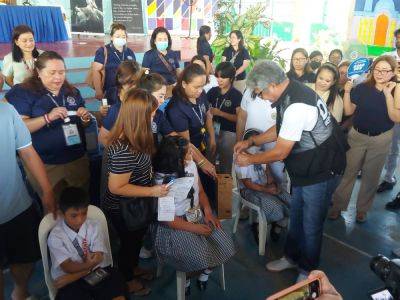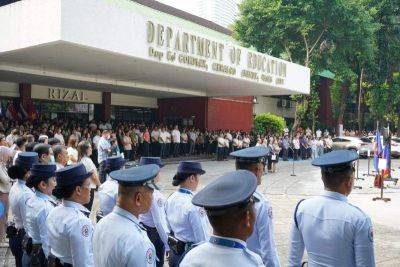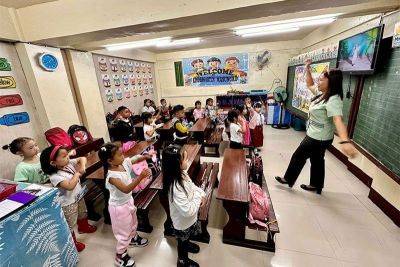Angara requires early procurement planning in DepEd offices
MANILA, Philippines — Following numerous procurement issues flagged by state auditors in previous years, Education Secretary Sonny Angara has enacted a new policy requiring offices within the Department of Education (DepEd) to start procurement planning even before the agency’s budget is released.
Under DepEd Memorandum 049, all procurement activities of the agency are required to begin before the next fiscal year begins to prevent delays in the delivery of materials and wastage of perishable items such as food.
This means that DepEd offices may start posting procurement opportunities for contractors and for the agency’s procurement team to recommend the awarding of contracts even before President Marcos approves the 2025 budget.
Based on its timeline, the bidding process for these projects will begin in October, with contracts expected to be awarded and Notices to Proceed issued by January 2025.
Angara said early procurement activities apply to competitive bidding and alternative methods covering goods, infrastructure projects or consulting services.
The memorandum, however, listed certain exceptions such as repeat orders, emergency cases and small-value procurements.
“This initiative is designed to fast-track the procurement of goods and services, including textbooks, learning tools and infrastructure projects, for Fiscal Year 2025,” Angara said in a statement.
The Commission on Audit (COA) earlier called out the DepEd over its failure to settle its numerous disallowances, suspensions and charges, which stood at P12.3 billion as of the end of 2023, the last full year of Vice President Sara Duterte as the education secretary.
It also flagged procurement lapses that led to the delivery of moldy, insect-infested nutribuns, rotting food items, unsanitary packaging and mislabeled manufacturing and expiry details under the DepEd’s P5.69-billion feeding program for students.
In 2022, the DepEd also failed to distribute nearly seven million textbooks and other learning materials, with only 1.8 million distributed to students nationwide, according to the COA.
In the same year, the COA also flagged how none of the 17,625 science and math learning tools crucial for







